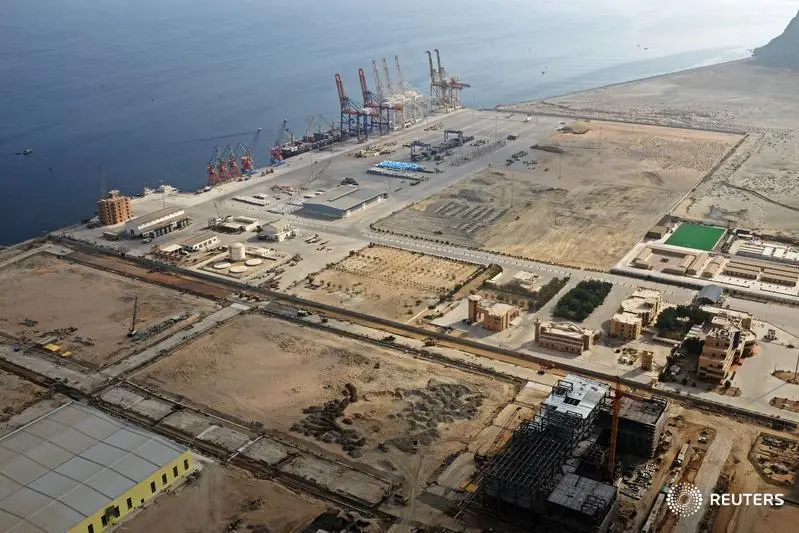PHOTO
ISLAMABAD - Pakistan on Thursday lifted an import ban on luxury goods, but such items will be heavily taxed, Finance Minister Miftah Ismail said.
Pakistan banned the import of all non-essential luxury goods in May as part of several measures put in place to avert a balance of payments crisis and stabilise the economy. Automobiles, cell phones and home appliances were three main categories that were adversely affected by the import curbs.
Ismail's government that took over from ousted PM Imran Khan earlier this year says it inherited one of the worst economies, with a historical fiscal deficit of over 5.5 trillion Pakistani rupee ($25.67 billion).
Pakistan's central bank reserves have fallen as low as $7.8 billion, which would cover little more than a month of imports.
"We're lifting curbs on all imports," Ismail told a news conference in Islamabad, a day after the International Monetary Fund (IMF) announced that its board will meet later this month to consider approval of the next tranche of funding for the country, which has been stalled since early this year over issues involving policy framework.
If approved, the IMF would disburse more than $1.1 billion to Pakistan. The board will also consider topping up another $1 billion to the $6 billion rescue package signed in 2019.
"Since it is a requirement from the international community that there shouldn't be import bans, so we are removing all import bans," Ismail said, adding that the import duties on the luxury goods will be jacked up to 600%.
"We don't have dollars to spent on import of Mercedes. With our limited resources, we will give priority to import edible oil and wheat instead of iphones or cars," he said.
However, the import of heavy machinery will still be delayed for some time, the minister said.
He said Pakistan's foreign reserves will rise with the IMF funding, which will also unlock other external finances avenues.
(Additional Reporting by Syed Raza Hasan in Karachi, Editing by Raissa Kasolowsky, Kirsten Donovan)





















